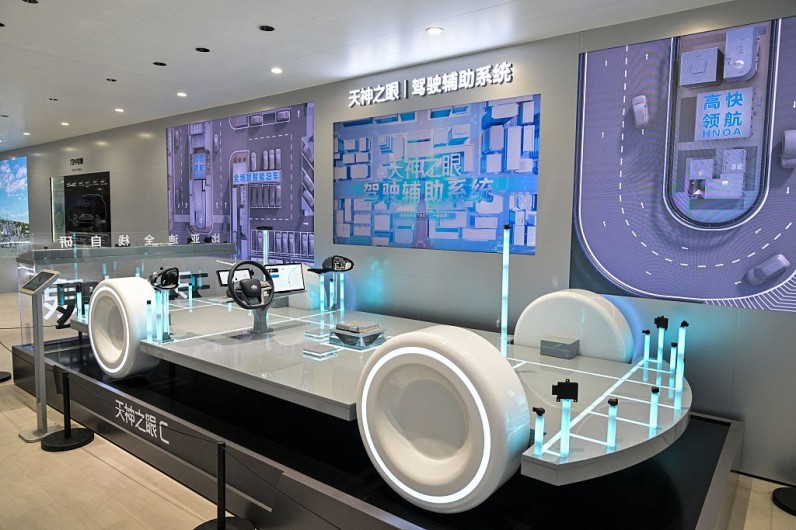
In late May, the world's biggest car-carrying ship docked at Brazil's Itajaí port, drawing attention as it delivered a massive load of electric vehicles from Chinese automaker BYD.
While the moment marked a major step toward cleaner transportation, it also raised serious worries among local car industry groups in Brazil, who are concerned about the impact on domestic manufacturers.
BYD, China's top maker of electric and plug-in hybrid cars, has been using a fleet of cargo ships to export vehicles across the world. Brazil has become one of its key targets.
According to Reuters, this recent shipment marks BYD's fourth delivery to Brazil in 2025, bringing the total number of cars sent to nearly 22,000 so far this year.
Brazilian auto industry leaders say this growing wave of imported EVs is hurting local production and jobs.
Brazilian auto groups are raising concerns that companies like BYD are benefiting from low import taxes without making significant investments in local manufacturing.
"Countries around the world started closing their doors to the Chinese, but Brazil didn't. China made use of that," said Aroaldo da Silva, a Mercedes-Benz worker and union leader.
China is flooding Brazil with cheap EVs—BYD alone shipped 22,000+ this year—capturing 80% of the market. Local firms warn of job losses and urge faster tariffs to protect domestic industry. Tensions rise ahead of COP30.https://t.co/rhs7jaloK6
— Lakshmisha K S (@lakshmishaks) June 19, 2025
BYD Delays Brazil Factory Launch Until Late 2026, Citing Labor Issues
Brazil's current tariff on imported EVs is 10%, but it is set to increase to 35% by 2026, Invezz said.
Local carmakers and unions are now urging the government to fast-track this increase, saying the gradual plan gives too much time for foreign firms to flood the market.
BYD had promised to start local production by 2025 after buying a former Ford plant in Bahia.
However, an investigation into labor issues has delayed the project until at least the end of 2026. Union officials say there is still no sign of local suppliers being brought into the plan.
The Brazilian government is now stuck between two big goals: protecting factory jobs and building a cleaner, greener future.
Hosting the global COP30 climate summit later this year adds pressure to support EV growth—but most of the EVs on Brazilian roads today are Chinese imports.
China-built vehicle imports are expected to rise 40% this year, reaching about 200,000 units. That would account for 8% of all new light vehicles in Brazil. Currently, over 80% of the country's EV market is controlled by Chinese companies.







Join the Conversation